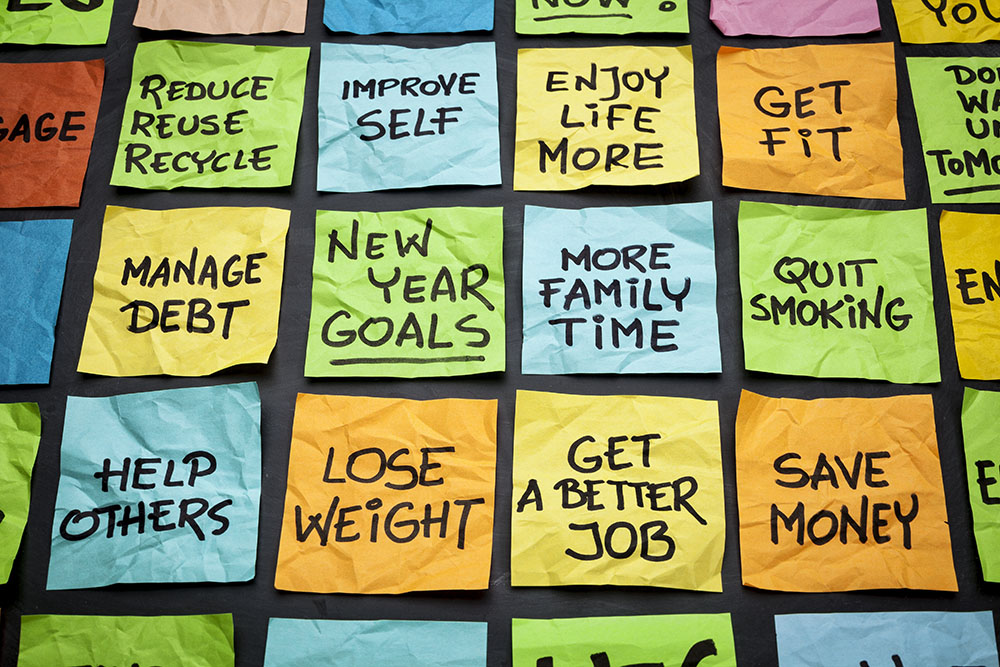Resolutions -The Observant Jew
By Rabbi Jonathan Gewirtz
The end of 2016 brought a pall to the word, “resolution.” In recent context it doesn’t mean that a problem was resolved, as it might, but rather that a group of people got together at the United Nations and expressed a common belief that Israel should not exist as a country or a people. It is ironic that nations that are the worst violators of human rights in the world gang up to attack Israel, but Baruch HaShem, the Navi already told us that the whole world would be against us before Moshiach comes.
Even President Obama, in a position where most presidents just play a waiting game (hence the term, ‘lame duck’) to Inauguration Day, took actions to shake-up the world stage before he left office.
As a typical new year, 2017 arrives with the usual resolutions to eat better, lose weight, sleep more, or whatever else people generally cite as their “New Year’s Resolutions.” Hopefully, the UN resolutions will have as much staying power as the typical NYRs, and by the time you read this it will be meaningless.
What do these two pieces have in common? They speak to what we can actually do to effect change in ourselves and thereby in the world.
The first point is that making a resolution at the beginning of the year has a serious drawback. When you sit in January and look toward December, it seems like you have a lot of time. You can achieve a lot in that time, but if you do it that way, the odds are that you will procrastinate until it’s time to make your resolutions for next year.
The Satmar Rav has a famous explanation of the verse that says, “HaShem’s eyes are upon [the Land] from the beginning of THE year to the end of [the] year.” At Rosh HaShana, we say, “This is going to be THE year that I…” but sadly, when we come to the next Rosh HaShana, the year that passed was just another year when things didn’t get done.
However, you’ll find most of the personal improvement takes place in Elul, the last month before Rosh HaShana. That’s because when you see a deadline ahead of you, it motivates you to take action.
I received numerous requests for tzedaka that reminded me it was my last chance to make a difference in 2016 (and claim the associated tax credit, of course.) Why don’t I get those messages at the beginning of the year? Obviously, because it’s not so motivating. “I have plenty of time to do good. If I don’t get to it this week, I’ll get to it next week.” And so the time slips away.
The President knows his days in office are numbered so he’s maximizing his power. The UN knows it too, so they took the opportunity to make their resolution with a like-minded United States on hand. I’m not that worried about their resolutions because no matter what others try to do to us, they can’t achieve it if HaShem hasn’t decreed it to be so. However, I want to learn from their example.
If we want to resolve to do something, we can’t say, “I’ll wait for the new year, the new month, or the new week.” We have to look at ourselves as if we are facing down a deadline. How many people thought they had an entire 2016 to achieve things but were wrong? How many of us think we will have no issues getting to 2018, 2038, or 2078?
Here’s what I propose: Make yourself resolutions, but do it intelligently.
- Don’t plan to do something for a long time. Plan to do it as much as you can. I recently completed eighteen years of my weekly Parsha sheet (and with HaShem’s help I hope to continue for many more years.) However, I didn’t set out to write it for eighteen years, ten years, or even five years. I wrote it once, then said, “Let’s see if I can do it again.” Then again, and again.
- Give yourself stark deadlines that motivate you. If you’re davening, imagine that when you complete Shemona Esrai, your time on this planet will be up. How much more focus you will have on the words! You will likely slow down and think about what you’re saying. Or, if someone asks you for a favor and it may be the last choice you will ever get to make. Wouldn’t that mindset make you think twice about turning down a favor? The reason we usually don’t is because we see time as a never-ending resource. Putting up your own stop signs will help you achieve in the moment.
- Choose resolutions that take effect immediately. If you resolve to lose twenty pounds, it may take you a long time to get there if ever. If you don’t, you may feel like a failure. However, if you resolve to daven better, learn more, give more charity or give it in a better way, then simply by making the resolution you have achieved turning yourself into a more thoughtful person with a mission.
The best part of this is that these resolutions don’t need to wait. They don’t start on anyone else’s timeline but yours. So ask yourself what you will improve today – because when it comes to leading your life, you are never a lame duck.
Jonathan Gewirtz is an inspirational writer and speaker whose work has appeared in publications around the world. You can find him at www.facebook.com/RabbiGewirtz, and follow him on Instagram @RabbiGewirtz or Twitter @RabbiJGewirtz. He also operates JewishSpeechWriter.com, where you can order a custom-made speech for your next special occasion. Sign up for the Migdal Ohr, his weekly PDF Dvar Torah in English. E-mail info@JewishSpeechWriter.com and put Subscribe in the subject.
